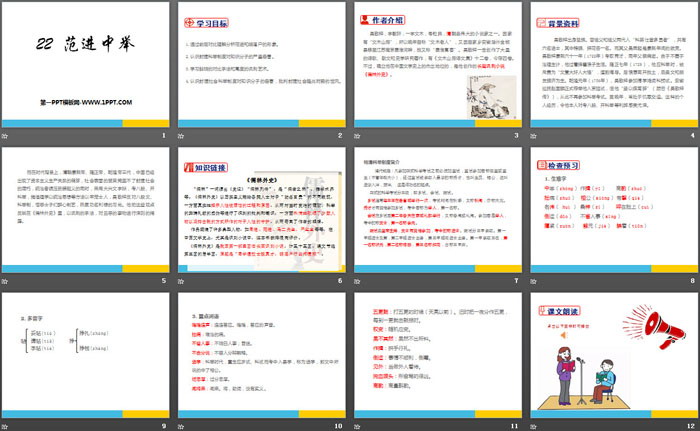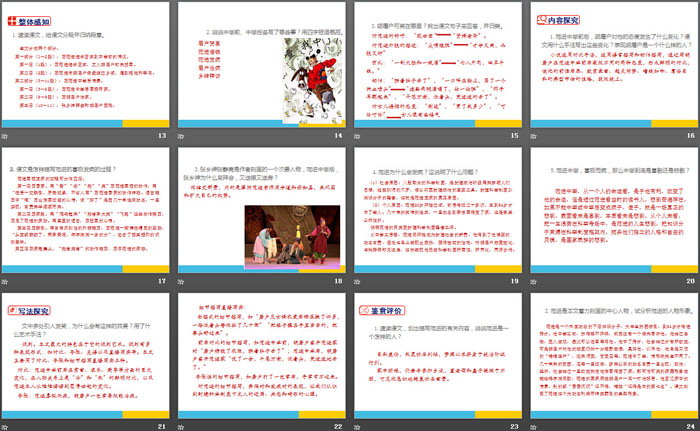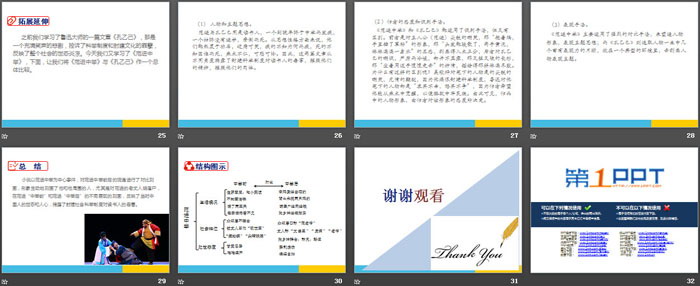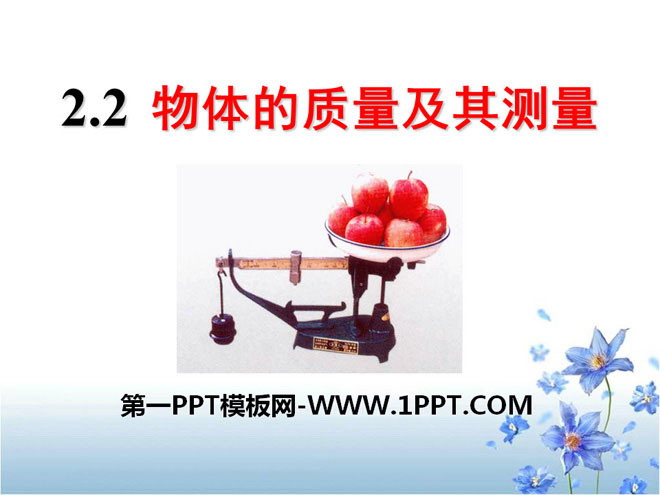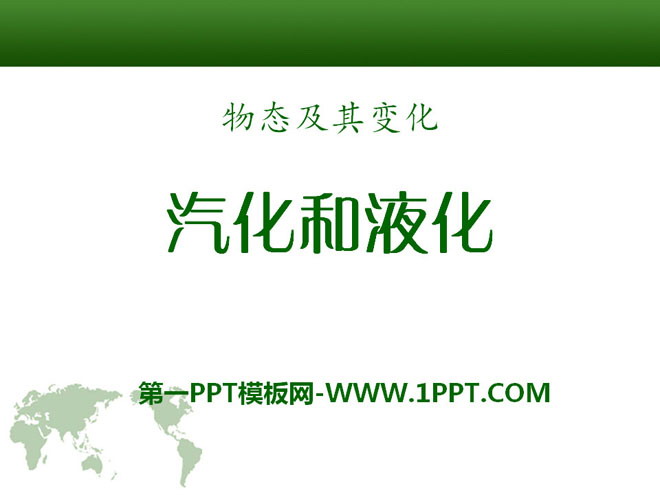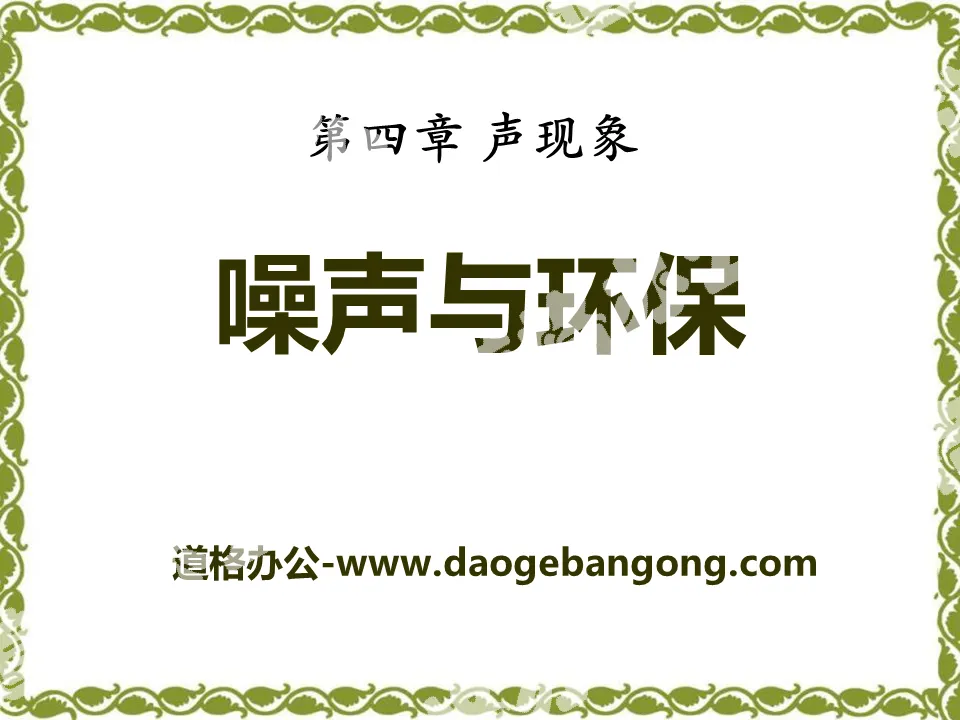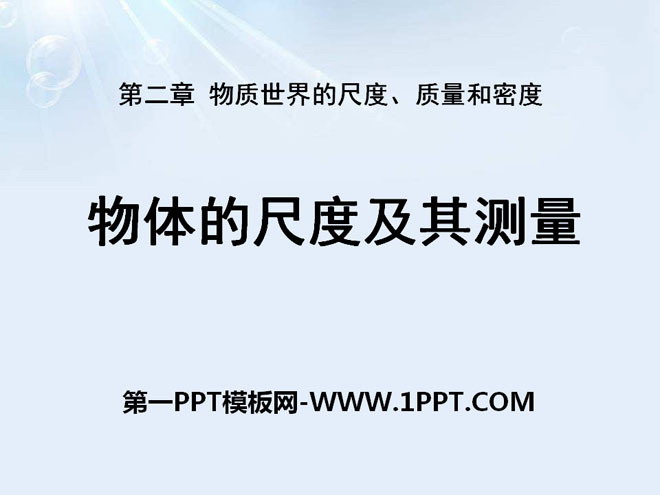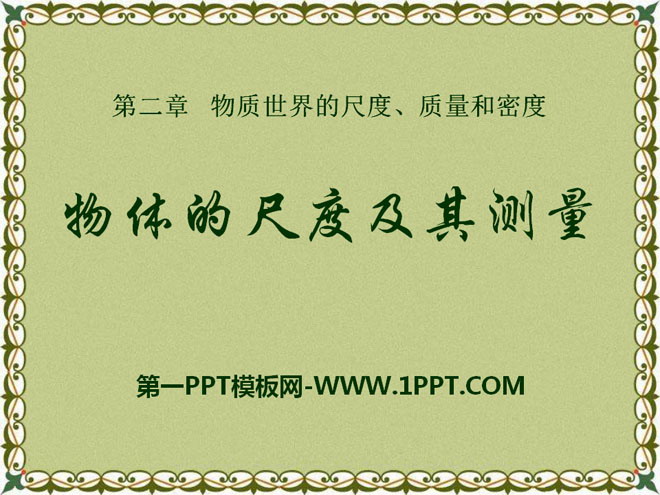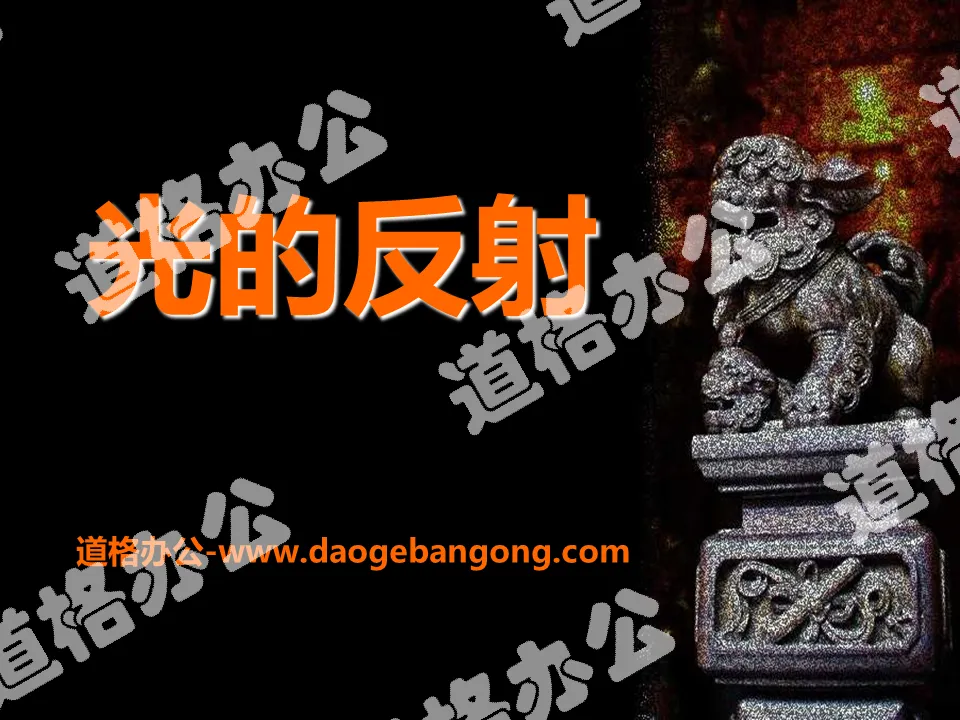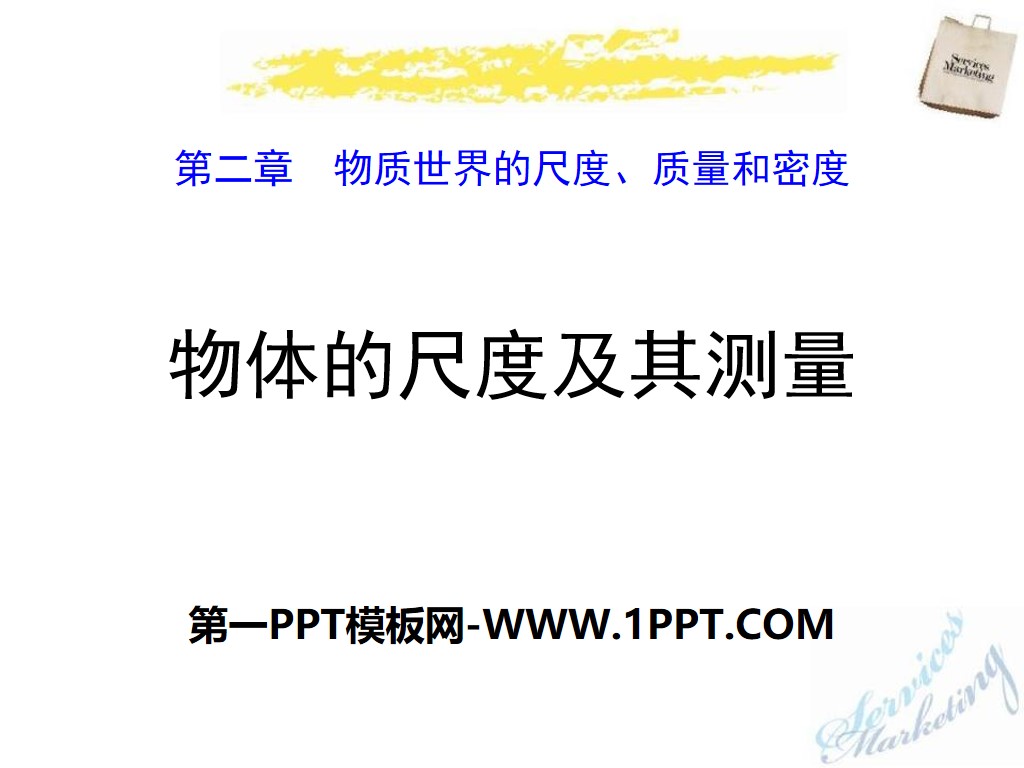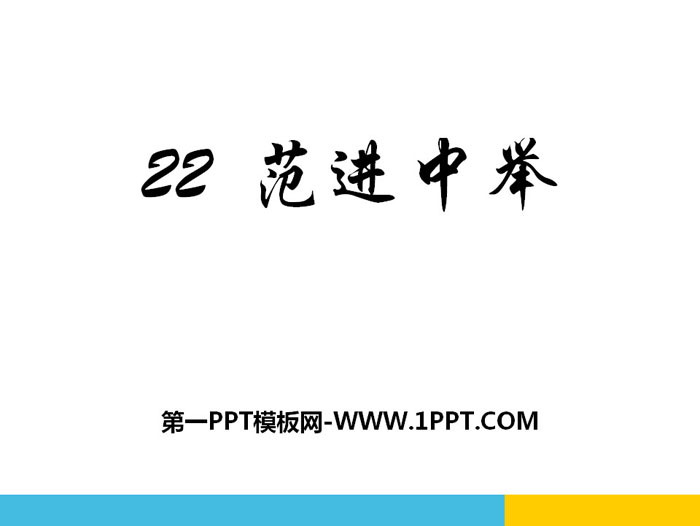
| Category | Format | Size |
|---|---|---|
| People's Education Press Ninth Grade Chinese Volume 1 | pptx | 6 MB |
Description
"Fan Jinzhongju" PPT teaching courseware
Part One: Learning Objectives
1. Comprehend and analyze the images of Fan Jin and Hu Butcher through comparison before and after.
2. Understand the serious poison of the feudal imperial examination system to intellectuals.
3. Learn the art of sharp contrast and high degree of irony.
4. Understand the poison of the imperial examination system in feudal society to intellectuals, and criticize the social customs of feudal society that tend to follow the crowd.
about the author
Wu Jingzi, also known as Minxuan and Wenmu, was one of the greatest novelists of the Qing Dynasty. Because his family had a "Wenmu Shanfang", he called himself "Old Man Wenmu" in his later years. Because he moved from his hometown Quanjiao County, Chuzhou, Anhui to the banks of the Qinhuai River in Nanjing, Jiangsu, he was also called "Qinhuai Yuke". Wu Jingzi created a large number of poems, prose and historical research works throughout his life, including the twelve volumes of "Wenmu Shanfang Poems and Essays", four of which are extant today. However, it was his satirical novel "The Scholars" that established his outstanding status in the history of Chinese literature.
Fan Jinzhongju PPT, part 2: background information
Wu Jingzi came from a distinguished family. The two generations of my great-grandfather and grandfather were "prominent in officialdom", with a total of six Jinshi, including one second and third most successful. His father Wu Linqi was a tribute official during the Kangxi period. Wu Jingzi was admitted as a scholar in the 61st year of Kangxi (1722). In the same year, his father died of illness. Because he was not good at managing his livelihood, he lived a life of a profligate prodigal. In the seventh year of Yongzheng's reign (1729), when he was taking the imperial examination, he was denounced as a "good guy with great articles and a big weirdo" and was insulted. Later, he left his hometown in anger and made a living by selling his writings and helping his friends. In the first year of Qianlong (1736), Wu Jingzi took the preliminary examination of Bo Xue Hong Ci. Zhao Guolin, the governor of Anhui, officially recommended him to take the imperial examination, but he was "firm in his illness and resigned" (Gu Yun's "Biography of Wu Jingzi") and never took part in the imperial examination again. In his later years, he was often hungry and cold. This kind of personal experience made him feel particularly deeply about the pros and cons of taking the Eight-part Writing Examination and holding the imperial examination.
In terms of the background of the times, during the three generations of Emperors Kangxi, Yongzheng, and Qianlong of the Qing Dynasty, China had already seen the emergence of capitalist production relations. The superficial prosperity of society could not conceal the decay of feudal society. While suppressing armed uprisings, the rulers used the Daxing Literary Inquisition. Wu Jingzi opposed the Eight-part essay and the imperial examination system, and hated the custom of scholars who were obsessed with crafts and fame and wealth. He reflected these views in "The Scholars" and used satirical techniques to profoundly expose ugly things.
Fan Jinzhongju PPT, the third part: knowledge link
"The Scholars"
The word "Rulin" comes from the "Biographies of the Scholars" in "Historical Records", which means "the forest of Confucian scholars" and refers to academia and so on. "The Scholars" uses realism to describe the different expressions of "fame and wealth" of various types of people. On the one hand, it truly reveals the process and reasons of the corruption of human nature, and thus analyzes the corruption of officialdom at that time, the shortcomings of imperial examinations, the hypocrisy of ethics, etc. Profound criticism and ridicule; on the one hand, it passionately praises the protection of human nature by a few characters by insisting on themselves, thus embodying the author's ideal.
The work has created many typical characters, such as Zhou Jin, Fan Jin, Mr. Ma Er, Yan Jiansheng, etc. In the history of Chinese literature, especially in satirical novels, this book has received high praise.
"The Scholars" is my country's first chapter-length satirical novel, with fifty-five chapters in total. The text is excerpted from the second half of the third chapter. The original title is "Zhou Xuetong's school scholar reveals the true talent, and the butcher commits murder and brings success."
An introduction to the imperial examination system in the Ming and Qing Dynasties
It was stipulated in the Qing Dynasty that before taking the official imperial examination, you must take a child examination. Participants in the child examination were called Rutong or Tongsheng (regardless of their age). Those who were admitted to the county school after passing the child examination were called scholars, also called students, ministers, and students. It is called studying in Pan and traveling in Pan. This is the starting point for gaining fame.
The formal imperial examination is divided into three levels, namely the provincial examination, the general examination and the palace examination.
The rural examination is usually held every three years in each provincial capital, and the examination time is in the autumn, also known as Qiuwei, also known as Dabi. Scholars are eligible to take the provincial examination. Those who pass the examination are called Juren, the first name.
The examination is held in the Ministry of Rites of the capital in the spring of the second year after the provincial examination, also known as Chunwei or Liwei. The participants are Juren, those who pass the examination are called Gongshi, and the first one is called Huiyuan.
The imperial examination was presided over by the emperor. Gongshi were eligible to participate, and those who passed the examination were called Jinshi. The palace examination is divided into top three admissions. The first A is awarded the Jinshi rank, the second A is the Jinshi background, and the third A is the same Jinshi background. Three people are admitted to the first class, the first is called the number one scholar, the second is called the second place, and the third is called the third flower, collectively known as the top three.
Fan Jinzhongju PPT, part 4: inspection preview
1. Difficult words
Pass the exam (zhòn�), bow (yī), discuss (zhuó)
Zhuo disease (zhuō) Xianggong (xiàn�) Daiji (qiè)
Name taboo (huì) Sang Zi (zǐ) spit in the face (cuì)
Unlucky (dǎo) unconscious (xǐn�)
clench tightly (zuàn) jièyuan (jiè) tiǎn (tiǎn)
2.Polyphonetic characters
appropriate (tiē) struggle (zhēn�)
post invitation (tiě) earn
copybook (tiè) make money (zhèn�)
3. Key words
Wei Wei kept saying: “I agreed again and again.” Weiwei, the voice of agreement.
Clumsy disease: a disease that is difficult to cure.
Unconscious: unaware of things; coma.
Incomprehensible: There is no room for explanation.
Entering a school: In the imperial examination era, children who passed the annual examination and the scientific examination and entered the county school were called entering the school, which is what the article said was successful.
Bad loyalty: excessive loyalty.
Break into the future: Break into the future. Jiang, a particle, has no real meaning.
Fan Jinzhongju PPT, Part 5: Overall Perception
1. Read the text quickly, divide the text into paragraphs and summarize the meaning of the paragraphs.
The full text is divided into two parts.
The first part (paragraphs 1 to 2): Write about Fan Jin’s situation before he went to school and returned home until he passed the national examination.
The first level (paragraph 1): It is written that Fan Jin returned home from school, and his father-in-law Hu Butcher came to congratulate him.
Second level (paragraph 2): Fan Jin borrowed money from Butcher Hu to pass the provincial examination, but was rejected and insulted.
Part 2 (paragraphs 3 to 11): Write about the scene after Fan Jin passed the exam.
The first level (paragraphs 3 to 5): Write about Fan Jin who was so happy that he went crazy after passing the exam.
The second level (paragraphs 6 to 9): Write about the butcher Hu’s treatment of madness.
The third floor (10-11): Squire Zhang pays a visit and Butcher Hu receives gifts.
2. Tell me what you wrote before and after passing the exam? Summarize it in a four-word phrase.
Congratulations to the butcher
Fan Jin borrows money
Fan Jin goes crazy
The butcher cures madness
Squire visits
Fan Jinzhongju PPT, part six: content exploration
1. Before and after Fan Jin passed the imperial examination, how did Hu Butcher’s attitude toward him change? What techniques does the text use to describe these changes? Show what kind of person Butcher Hu is?
The novel uses contrasting techniques, language descriptions and action descriptions to form a sharp contrast by describing Hu Butcher's two completely different attitudes before and after Fan Jin's election, making him arrogant at first and respectful at the back, bullying the poor and loving the rich, following others in favor of others, and being greedy for money. The typical philistine character of fate, vulgarity and selfishness emerges vividly on the page.
2. How does the text describe Fan Jin’s process of going crazy with joy?
The process of Fan Jin going crazy can be divided into four levels.
Write fainting on the first level. Use "looking", "reading", "shooting" and "laughing" to describe Fan Jin's joyful movements, and use "falling back, clenching his teeth, and falling unconscious" to describe Fan Jin's fainting movements and demeanor. The word "ugh" in the language description expresses a feeling of surprise and overexpectedness. The reason for saying "ok" is because of decades of pursuit of fame. Once achieved, wealth and prosperity will roll in.
The second level is about running like crazy. The descriptions of actions such as "climbing up", "clapping his hands and laughing" and "running away" fully describe Fan Jin's madness. Use repetitive language to write about ecstatic mood.
The third layer is written about falling. Using an ironic description of his appearance, he describes Fan Jin's ugly appearance with one foot in the pond, "his hair is all down, his hands are covered in yellow mud, and his body is dripping with water", which contains an extremely strong sense of irony.
The fourth level is written on the crazy walking set. The action description of "shooting and laughing" fully describes Fan Jin's madness.
3. Zhang Jingzhai, the squire Zhang, is a minor character portrayed by the author. After Fan Jin passed the imperial examination, why did squire Zhang come to visit him and give him money and a house?
He made friends with upstarts in order to cling to Fan Jin's master Zhou Xuedao and Yang Zhixian to consolidate and expand his power.
Fan Jinzhongju PPT, Part 7: Research on Writing Methods
There are many places in the article that make people laugh. Why does it have such an effect? What artistic techniques were used?
Satire. The biggest feature of this article is its satirical art. Sarcasm can take many forms: contrast, exaggeration, irony, and direct realism. This article mainly uses three methods: contrast, exaggeration and detailed description, direct realism.
Contrast: Fan Jin's huge changes in wealth, poverty, joy and sorrow, honor and disgrace before and after he passed the imperial examination are a sharp contrast between "cold" and "hot" in the relationship between the characters, as well as Fan Jin's personal change from being submissive to being diplomatic and sophisticated.
Exaggeration: Fan Jin was so happy that he went crazy, and a slap from Butcher Hu was able to cure his madness.
The detailed description is straightforward and realistic:
Line drawing-style descriptions of details, such as "The butcher saw that the back of his son-in-law's clothes was wrinkled a lot, so he lowered his head and pulled it for him dozens of times." "Clenched the silver tightly in his hand and stretched out his fist."
Comparative descriptions of before and after, for example, before Fan Jin passed the imperial examination, when Butcher Hu left Fan Jin's house, "The butcher put on his clothes and went away with his belly empty"; after Fan Jin passed the imperial examination, when Butcher Hu left Fan Jin's house, "He said for a while, thanked him for all his kindness, and expressed his sincere gratitude." He nodded and walked away smiling."
Exaggerated details, such as the butcher's hand being unable to bend after being slapped.
The detailed description of Fan Jin, his behavior when selling chickens and when he went crazy, let us realize the pedantic, morbid and abnormal psychology of the people under the feudal imperial examination system.
Fan Jinzhongju PPT, Part 8: Appreciation and Evaluation
1. Read the text quickly, underline the relevant content describing Fan Jin, and talk about what kind of person Fan Jin is?
Selfish and hypocritical, keen on fame and wealth, and dreaming of joining the ranks of the ruling class.
The family had no food, but he still had to take the provincial examination, ignoring his mother and wife who were hungry. This shows that he was eager to envy fame and wealth.
2. Fan Jin is the central character that this article focuses on portraying. Let’s try to analyze Fan Jin’s character image.
Fan Jin was a lower-class intellectual who was keen on fame. He lived in poverty for most of his life. He was not admitted to the scholar examination until he was 54 years old. Before he was elected, he was so poor that no one in his neighborhood lent him rice. He was in a humble position and was discriminated against. His father-in-law could insult him at will. His social status changed after he became a scholar. However, Butcher Hu's attitude towards him was still very rude and arrogant. He scolded him and reprimanded him. He was always accustomed to "being silent", resigned and willing to be humiliated. Fan Jin won the election, and the situation was completely different. Once the decades of poverty and humiliation were over, once the fame and wealth he dreamed of appeared, and once the political, economic, and social status changed, he would go crazy with surprise. The abominable and ridiculous image of madness is vividly depicted: after Fan Jin's madness was cured by the butcher Hu's scoldings and beatings, he recalled the scene of his madness and couldn't remember anything else except "remembered". It’s seventh among them.” The text depicts a typical image of Fan Jin who is obsessed with fame and fortune.
Fan Jinzhongju PPT, Part 9: Expansion and Extension
Previously we studied "Kong Yiji", an article by Master Lu Xun. It was a tragedy full of laughter, indicting the sins of the imperial examination system and feudal culture, and reflecting the desolation of the entire society. Today we have studied "Fan Jin passed the exam" again. Next, let us make an overall comparison between "Fan Jin passed the exam" and "Kong Yiji".
(1) Characters and themes.
Fan Jin and Kong Yiji were both scholars. One finally passed the imperial examination in his later years and went crazy, while the other never entered school and died in poverty. In terms of their thoughts and personalities, they are all keen on fame, pedantic and ridiculous, crazy for no apparent reason, and dead for no apparent reason. They are insensitive, pitiful and pitiful. Therefore, these two articles expose the poison of the feudal imperial examination system to scholars from different angles, destroying their spirits and destroying their bodies.
(2) The author’s attitude and satire.
"Fan Jinzhongju" and "Kong Yiji" both use satire, but they are different. The former is a sharp ridicule of the protagonist (Fan Jin), the image of "holding a chicken with a straw stick in his hand", the ugly appearance of "his hair has fallen loose, his hands are yellow mud, and he is dripping with water". The latter's mockery of Kong Yiji was stern and cold, but not obvious. The dirty and torn gown and the expression of "sitting and walking slowly with these hands" were so vividly depicted. Why is there such a difference? Wu Jingzi made sharp ridicule and merciless lashing at the characters he wrote because he hated the feudal imperial examination system; Lu Xun was "sorrowful for his misfortune and angry for his inability to fight" for his characters because the author hoped that he could wake up from his numbness and In order to save the Chinese nation. It can be seen that the character image in the work is determined by the author's attitude towards the image.
(3) Expression techniques.
"Fan Jin Zhongju" mainly uses strong contrasting techniques to shape the characters and express the themes; while "Kong Yiji" selects several expressive fragments from the characters' lives and places them in a typical environment to depict the characters. Express the theme.
Fan Jinzhongju PPT, Part 10: Summary
The novel takes Fan Jin's passing the national examination as the central event, and compares and depicts Fan Jin's situation before and after he passes the national examination. It vividly depicts him and the people around him, especially Fan Jin's father-in-law Hu Tutu. He and Fan Jin's different performances "after passing the examination" reflected the state of the world and the hearts of the Chinese people at that time, and exposed the poison of the imperial examination system in feudal society to scholars.
Keywords: Free download of Chinese PPT courseware for the first volume of the ninth grade of the People's Education Press, Fan Jinzhongju PPT download, .PPT format;
For more information about the PPT courseware of "Fan Jin's Successful Examination", please click the "Fan Jin's Successful Examination" ppt tab.
"Fan Jin Zhongju" PPT free teaching download:
"Fan Jin passed the examination" PPT free teaching download Part 1: Text introduction In the feudal imperial examination era, there was a saying: No one asked after ten years of hard work, and you become famous all over the world in one fell swoop. This is exactly what Wu Jingzi's Fan Jin is. He studied hard in poverty, and did not win the imperial examination until he was old.
Download the PPT teaching courseware of "Fan Jin Zhongju":
Download the PPT teaching courseware of "Fan Jin Zhongju" Part One: Learning Objectives 1. Understand the writer's works and analyze the characters from different angles. 2. Learn how to highlight characters through contrast and irony. 3. Deeply understand the impact of the feudal imperial examination system on scholars...
"Fan Jin passed the exam" PPT free download:
"Fan Jin passed the exam" PPT free download Part 1: Author and introduction to the work Wu Jingzi, Qing Dynasty, named Minxuan, nicknamed Limin, and in his later years, also known as Wenmu Old Man, was born in Quanshu, Anhui. The representative work "The Scholars" "The Scholars": is an outstanding modern work in the history of Chinese literature...
File Info
Update Time: 2024-07-27
This template belongs to Chinese courseware People's Education Press Ninth Grade Chinese Volume 1 industry PPT template
"Fan Jinzhongju" PPT teaching courseware Simple campus recruitment activity planning plan summary enterprise and institution recruitment publicity lecture PPT template is a general PPT template for business post competition provided by the manuscript PPT, simple campus recruitment activity planning plan summary enterprise and institution recruitment promotion Lecture PPT template, you can edit and modify the text and pictures in the source file by downloading the source file. If you want more exquisite business PPT templates, you can come to grid resource. Doug resource PPT, massive PPT template slide material download, we only make high-quality PPT templates!
Tips: If you open the template and feel that it is not suitable for all your needs, you can search for related content "Fan Jinzhongju" PPT teaching courseware is enough.
How to use the Windows system template
Directly decompress the file and use it with office or wps
How to use the Mac system template
Directly decompress the file and use it Office or wps can be used
Related reading
For more detailed PPT-related tutorials and font tutorials, you can view: Click to see
How to create a high-quality technological sense PPT? 4 ways to share the bottom of the box
Notice
Do not download in WeChat, Zhihu, QQ, built-in browsers, please use mobile browsers to download! If you are a mobile phone user, please download it on your computer!
1. The manuscript PPT is only for study and reference, please delete it 24 hours after downloading.
2. If the resource involves your legitimate rights and interests, delete it immediately.
3. Contact information: service@daogebangong.com
"Fan Jinzhongju" PPT teaching courseware, due to usage restrictions, it is only for personal study and reference use. For commercial use, please go to the relevant official website for authorization.
(Personal non-commercial use refers to the use of this font to complete the display of personal works, including but not limited to the design of personal papers, resumes, etc.)
Preview

